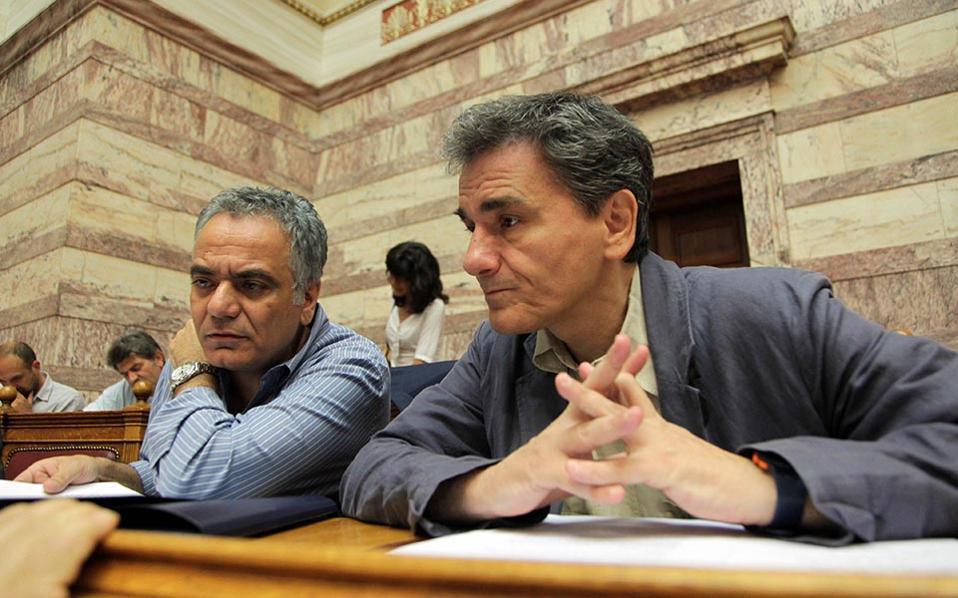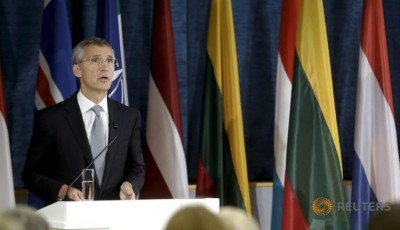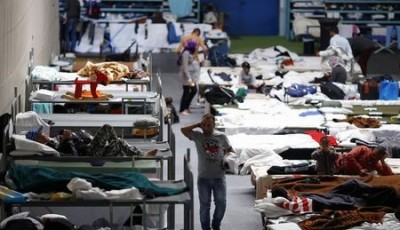Greek Parliament passes austerity bil
A final count has revealed the Greek parliament agreed to pass tough austerity reforms in a landslide, in news sure to inflame tensions among protesters.
Prime minister Alexis Tsipras is struggling to convince MPs to back key reforms demanded by other eurozone states in return for a bailout.
Among the rebels was former Finance Minister Yanis Varoufakis who had earlier written a scathing blog about the deal.
Mr Tsipras’ future as prime minister is up in the air after a large block of MPs from his ruling Syriza party voted against the new measures.
The vote, which came just before 2 a.m., was 229-64 with six abstentions.
Anti-austerity protesters stand in front of a Greek flag reading “Greece we love you” during a rally outside the Greek Parliament in Athens, Wednesday, July 15, 2015.
The violence earlier involved about 200 youths who hurled firebombs and rocks at riot police, and smashed office windows and set fire to trash bins. The vote allows Greece to begin negotiations with its creditors on a third bailout.
Tsipras pleaded for party unity in his speech before the vote, acknowledging that the terms of the agreement were harsh, but insisting that it represented the best choice available to Greece.
Tsipras has acknowledged the measures he agreed to go against his election pledges to repeal austerity, and described them in a Tuesday night television interview as “irrational”.
It’s expected that an overall majority of lawmakers will vote to accept these measures, though some Syriza members will vote them down.
In a bid to show global creditors he is in control of his Cabinet, Tsipras ditched energy minister Panagiotis Lafazanis, the head of Syriza’s hardline faction that has consistently demanded an exit from the euro zone. “I am the last person to shirk this responsibility”, he told parliament. “It was a decision that will weigh on me for the rest of my life”, Tsakalotos said. But I know we did something with the sense that we had no choice. “Nothing was certain and nothing is”, he told parliament. “They should have controlled the situation and avoided bailouts, because we are the ones that have to pay for it now”.
The economy ministry’s secretary general, Manos Manousakis, also resigned over the agreement.
After a stunning win in a referendum that rejected calls for more austerity, Tsipras remained in a bind this week as he reached a deal with creditors: Greece’s cash-starved banks would likely have collapsed, sending the country spiraling out of the euro, Europe’s joint currency.
A missed payment to the ECB could prompt the central bank to stop providing emergency funding to Greece’s cash-starved banks.












